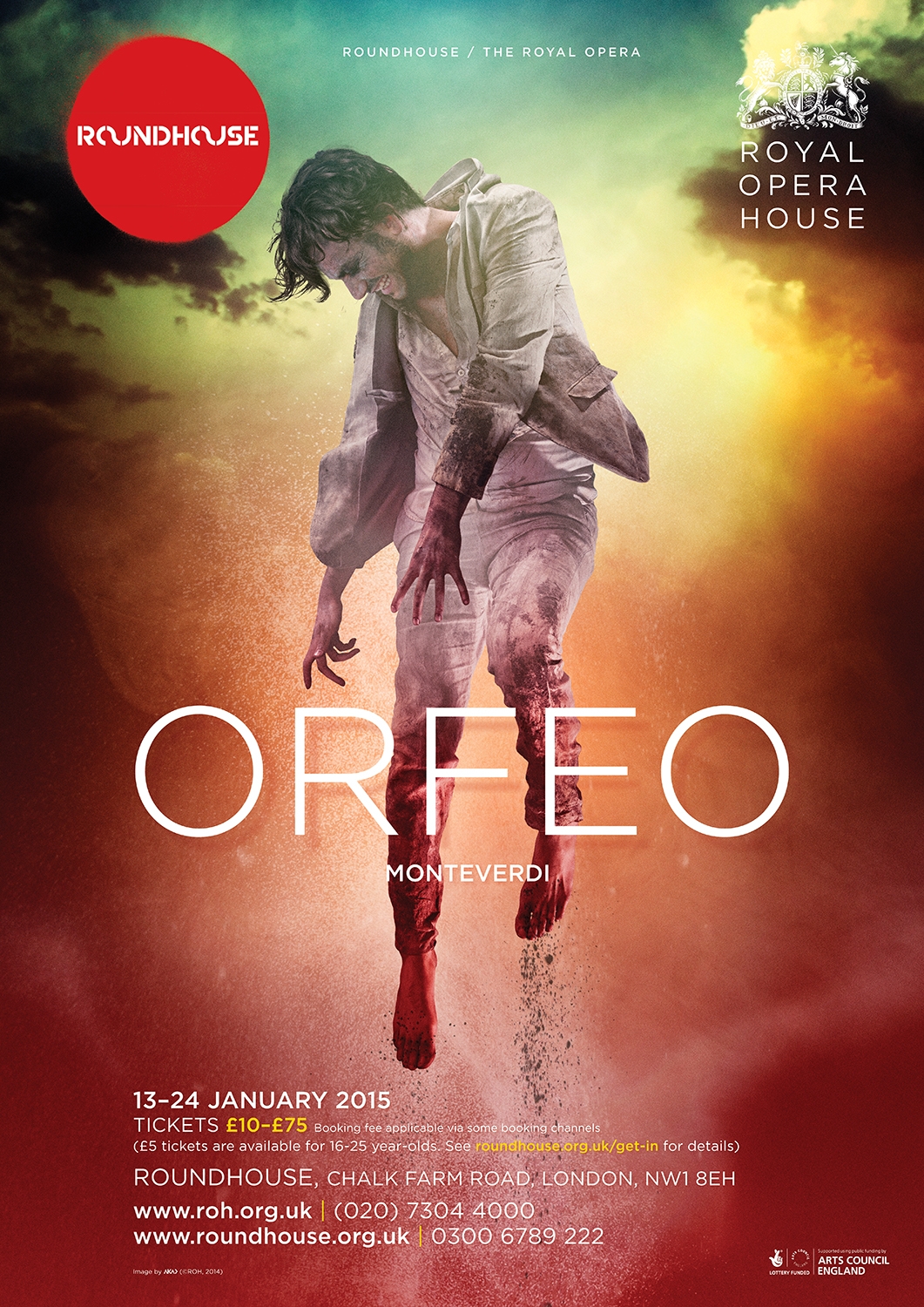

With Antonio Pappano and the orchestra emphasising the muscularity of Mussorgsky’s writing, if not always catching the edge of rawness that the original scoring offers, it all provides the space for Boris’s steady mental disintegration to be the true centre of the drama almost everything else is peripheral. But there’s no clutter, no extraneous business, and the choreographing of the chorus is wonderfully precise – the moment when they all turn as a single body to look at their newly crowned tsar, particularly, is startlingly effective.


The coronation scene is a blaze of colour and Boris’s later confrontation with the Holy Fool outside St Basil’s Cathedral is an eloquent juxtaposition of the haves and have-nots. Miriam Buether’s two-level set and Nicky Gillibrand’s more-or-less period costumes potently mix grandeur with grunge. Thus there’s no Polish act, and no scene in Kromy Forest, and some characters, such as David Butt Philip’s strikingly well sung Grigory, aka the False Dmitry, remain sketchily defined, but in this notoriously unfocused masterpiece Jones still manages to sustain the dramatic thread with remarkable assurance. For the first time, the Royal Opera is presenting the original 1869 version of the score, the seven scenes played straight through without an interval in just over two hours, rather than the “definitive” version that Mussorgsky completed three years later.


 0 kommentar(er)
0 kommentar(er)
